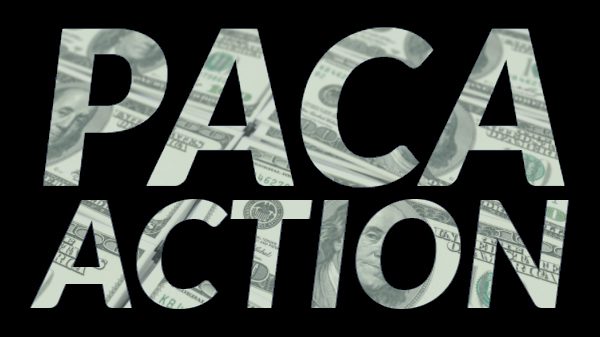Welcome to Blue Book!
Are you ready to join the thousands of companies who rely on Blue Book to drive smarter decisions? View our plans and get started today!
Still have questions? We’d love to show you what Blue Book can do for you. Drop us a line– we’ve been waiting for you.

Aldi operates more than 1,400 stores in 33 states with plans for about 2,000 stores by 2018. Like Southwest Airlines, when it turned the airline industry on its ear, Aldi offers no frills and low prices. The stores are small, shelves are restocked only once a day (making out-of-stocks common), carts cost a quarter (refundable upon return), and there are no bags or baggers.
Over 90 percent of the 1,300 products sold are private label—which Aldi claims meet or exceed national name brands on taste and quality—at up to half the cost of traditional grocers. Items include organic and gluten- and monosodium glutamate (MSG)-free products. Other deep discounters, like Dollar General, can compete with Aldi on price but are even more limited on the number of SKUs (stock keeping units).
Lidl operates 14,000 stores in 26 countries in Europe and expects to open its first U.S. store in 2018, with an anticipated 2,000 stores by 2020. In January, the German discounter created a website to spell out its real estate and workforce needs for the upcoming expansion. Lidl carries a wider assortment of products than Aldi, including some national brands, wine, and fresh bakery products.
DEEP DISCOUNTERS: THE BUSINESS MODEL
With food spending dollars accounting for about 10 percent of total income, deep discounters feed into the needs of customers focused solely on price—cost-conscious millennials, low-wage earners, and seniors on fixed incomes. Plus, the stigma of the private label is gone. Chicago-based Information Resources, Inc. found more than 80 percent of consumers consider private label quality as good or better than national brands. Deep discounters have capitalized on this trend.
In the United Kingdom (UK), Aldi and Lidl doubled their market share to 10 percent between 2012 and 2015, sparking a price war. Asda, the British arm of Walmart, fared the worst among the UK’s biggest grocery stores, with sales falling 3.4 percent in the 12 weeks ending December 6, 2015 and market share falling 0.7 percentage points to 16.4 percent compared to a year earlier.
Grinstead believes the deep discount model is sustainable but will face tough competition. And just as Southwest Airlines evolved as it matured, so too may Aldi. The retailer already appears to be changing some of its strategy—accepting credit cards and building larger stores with enhanced lighting—perhaps to appeal to more middle-class shoppers.
MEETING THE DISRUPTORS HEAD ON
So will Walmart, Winn-Dixie, and Safeway be most likely to lose to online competition? Consumer surveys say yes, notes Jacqui Martinez of global consulting firm Oliver Wyman in Chicago, who hosted a Supermarket News webinar in December. The most likely gainers are Publix, Trader Joe’s, and Shoprite, perhaps due to their strong customer base.




